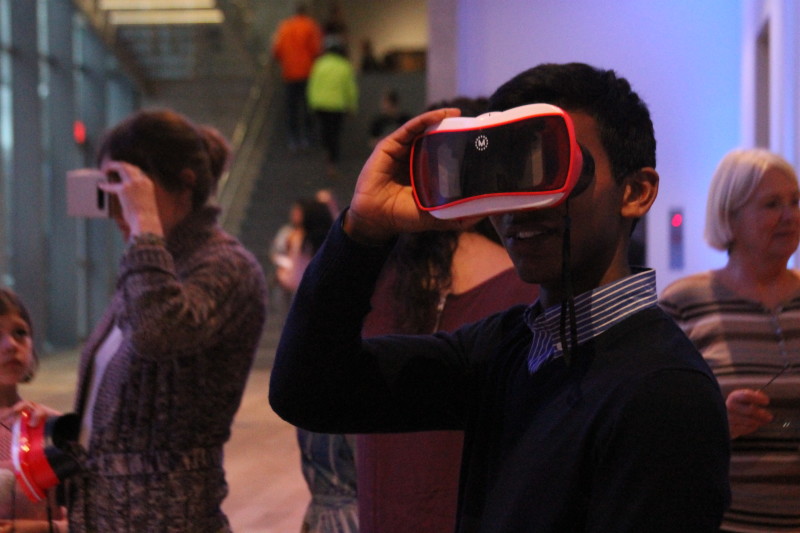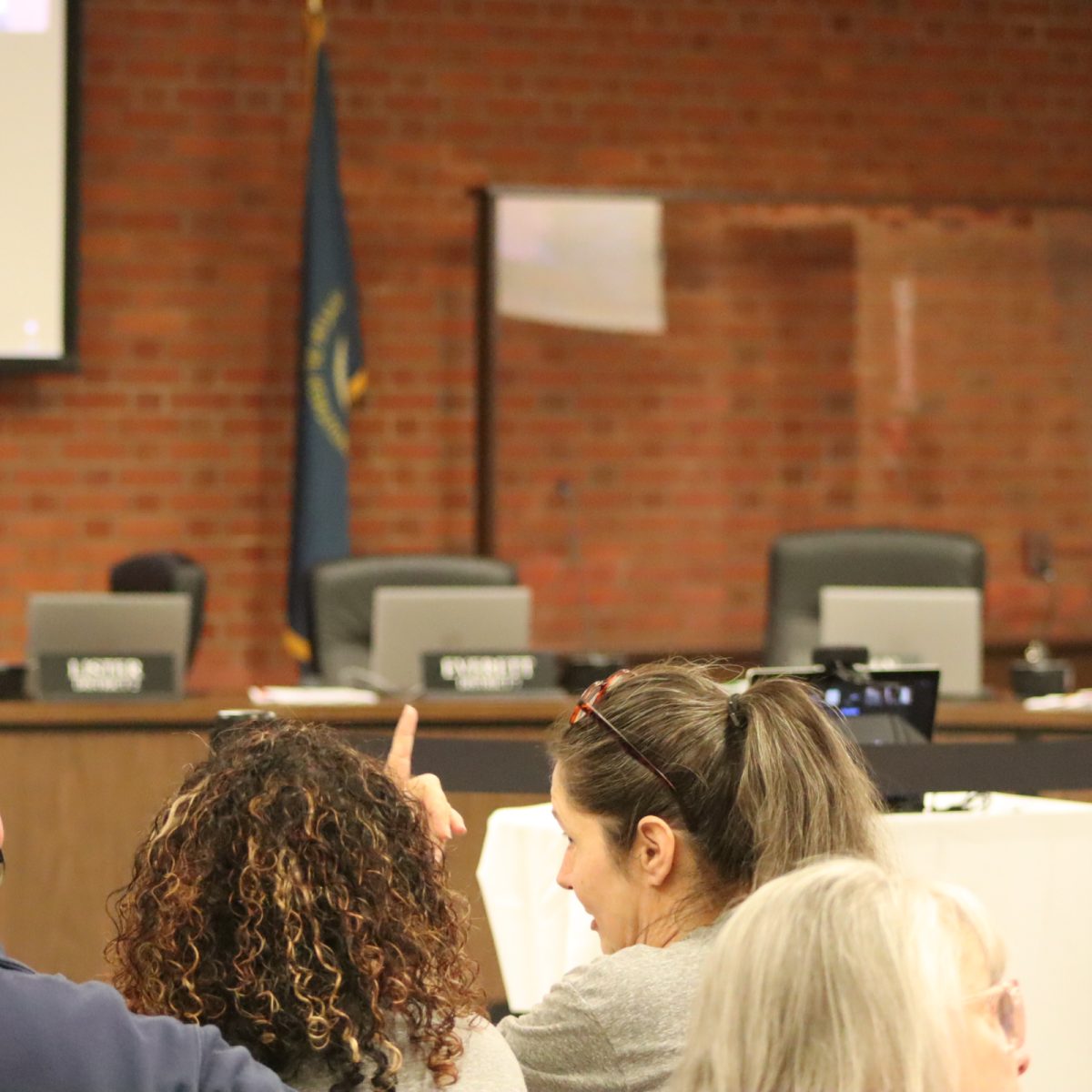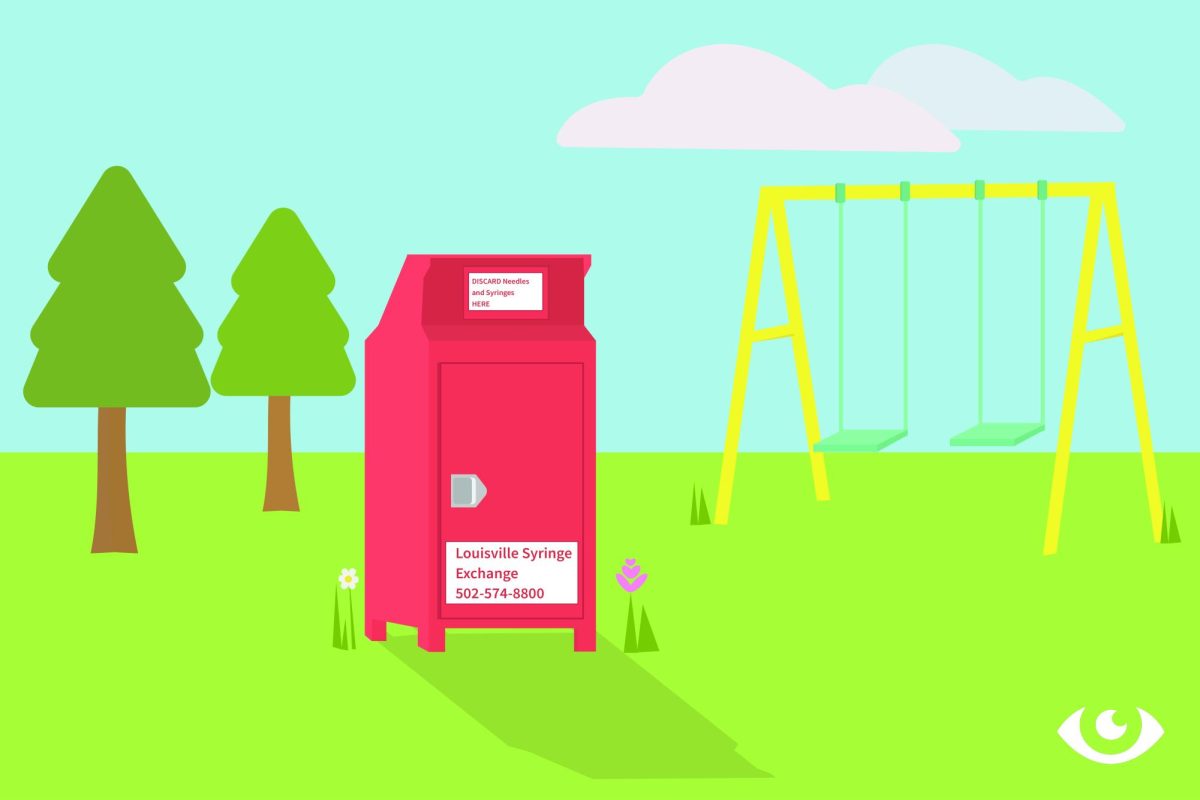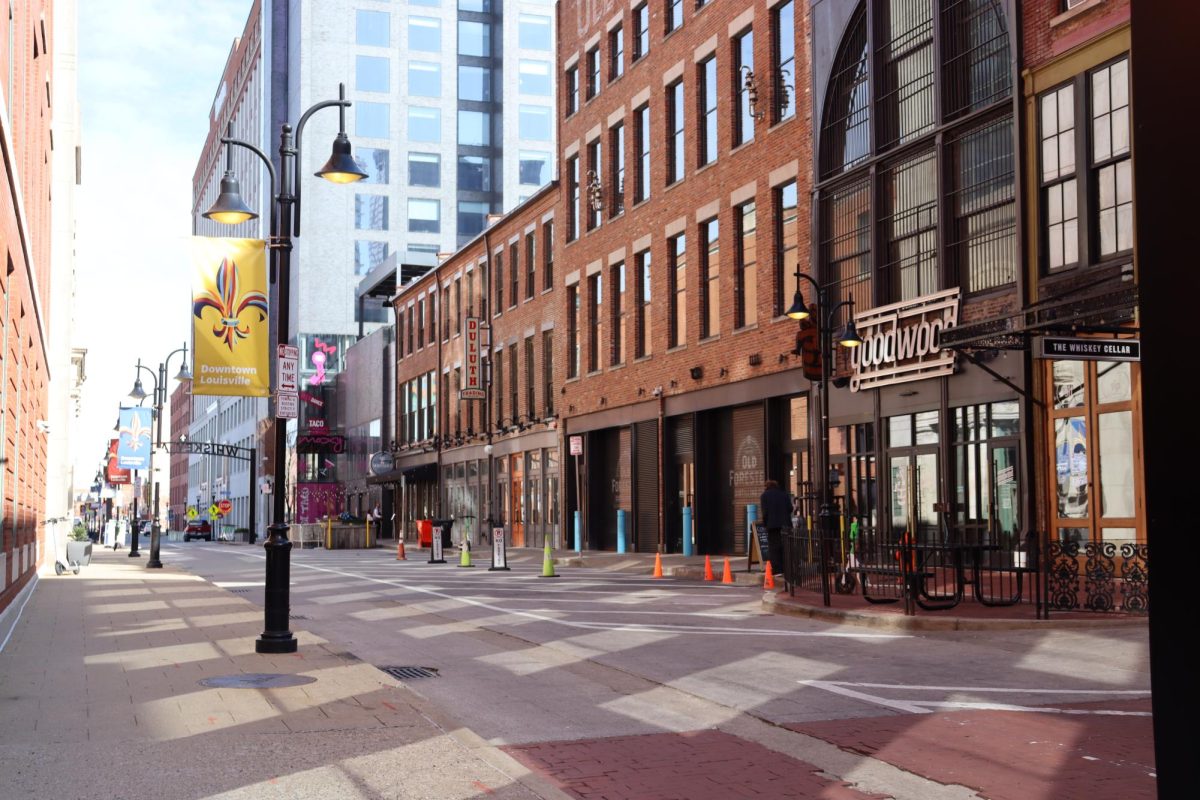
The recent re-opening of the Speed Art Museum has come with many changes to the museum’s structure and organization. One such innovation is the development of the new Speed Cinema, which hosts screenings of independent and international films every weekend. Additionally, on staff is the museum’s first-ever Curator of Film, Dean Otto, who previously worked for over 24 years with the Walker Art Center in Minneapolis.
“I’m very interested in partnerships and bringing more voices to the table. I want to create more connections between the different programs that happen within the Speed—between the exhibitions to the social Speed program—to make cinema-going a more interactive experience,” Otto said. “I also believe that there’s a really strong mission of education as part of what we’re doing too, both in what happens behind the scenes, where we’re offering internships.”
Otto said that he believes the Speed Cinema should have at its core a central mission of public education. In addition to offering internships and providing program notes about the films being screened, Speed staff members are increasingly attempting to involve the community in their processes.
“We’re already working on a resource guide for the website for people who want to dig deeper and have a deeper investment into cinema,” Otto said. “They’ll have a place to go and say, ‘Oh, I really like experimental film, here are three other sites where I can really be gathering great information.'”
Film history also plays an important part in the Speed Cinema’s vision. To Otto, the restoration of older films gives modern viewers more context for what is currently happening in the film world. Otto said that the developments of new technologies such as virtual reality (VR) demand understanding of where those innovations began.
“This goes back to the work the Speed and Manual did together with VR and the journalism students,” he said. “We want to provide those opportunities for people to test out new technologies and look at that work critically as well.”
In terms of selecting films for screenings, Otto’s responsibilities include traveling to film festivals, reading about new works, and keeping tabs on restorations taking place at other cinemas. While he attempts to make selections that are topical to the community and complementary to current Speed exhibitions, Otto said that he is particularly interested in international children’s films.
“Children can really be exposed to world culture too,” Otto said. “They can become interested in hearing other languages and knowing other cultures through their films as opposed to things that are distilled by Pixar.”
One of the major questions facing the film industry today is the competition posed by online movie streaming sources. Though it may be easy to reduce going to the cinema as spending a few hours staring at a screen, Otto believes that film should be a communal experience that continues to draw people to theaters.
“Roger Ebert really summed it up very well when he said, ‘What cinema really is is an empathy machine.’ You’re sitting in a space and going on a journey together,” Otto said. “You’re going on an emotional journey as a group of people … You’re laughing together, you’re crying together. If you have a very good storyteller, they’re really trapping you into their vision.”
Otto hopes that the Speed will open up more avenues for people to experience this shared journey, not only through viewing films but also through film education.
“I think the moving image and screens and videos are an integral part of people’s everyday lives, and I think it’s very important that students have an understanding of media literacy as part of that,” Otto said. “We have more and more access to create our own videos, too. I think we really need to be focused on the ideas, but the ideas can take many different forms. An idea can become a photograph or a photo series or a documentary or a feature film or a play … I think people have many more opportunities to realize projects.”





